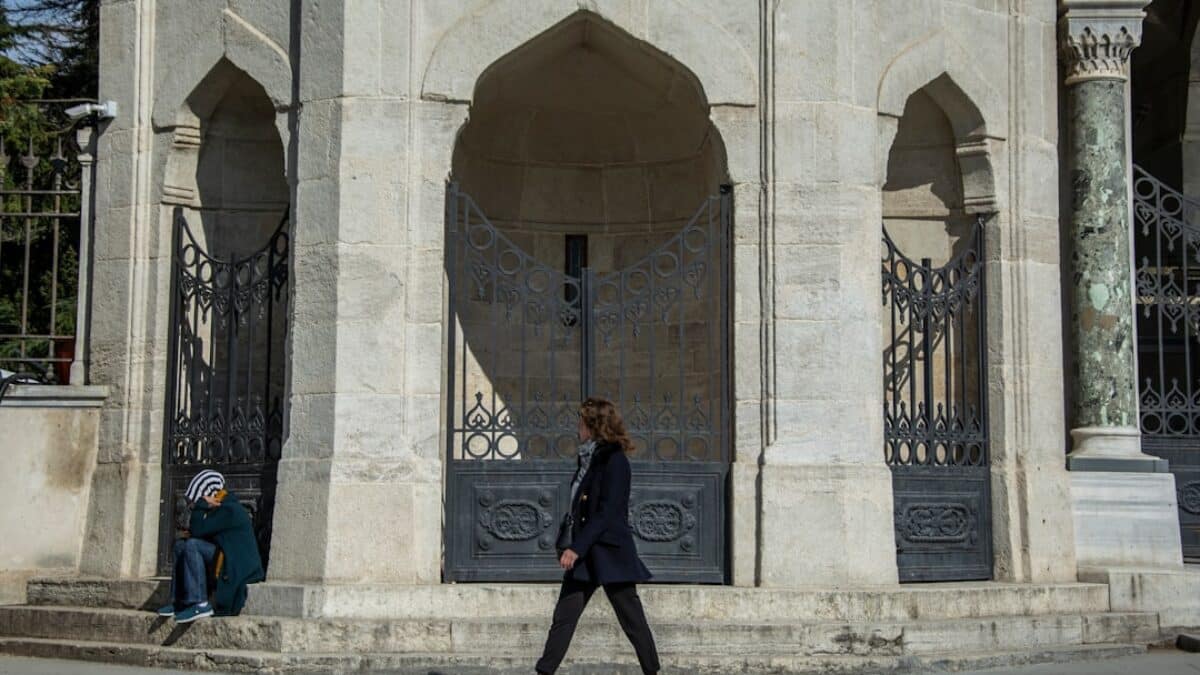Introduction
Conflict is a universal aspect of human existence, arising from differences in opinions, values, interests, and needs. While conflict is inevitable, the methods of resolution can vary widely across cultural and religious contexts. In the Islamic tradition, conflict resolution is influenced by teachings from the Quran, Hadith (sayings of the Prophet Muhammad), and centuries of scholarly work. Islamic approaches not only seek to resolve disputes but also to emphasize justice, compassion, and community. This article will dive into the principles of conflict resolution in Islam, presenting real-world applications, insights from practicing Muslims, practical tips for implementation, frequently asked questions, and a comprehensive conclusion.
The Theoretical Foundations of Conflict Resolution in Islam
At its core, conflict resolution in Islam is deeply rooted in the concepts of justice (adl), compassion (rahmah), and reconciliation (sulh). The Quran encourages believers to be just, even if it goes against their own interests (Quran 4:135). The principle of “no harm should be inflicted” (La darar wa la dirar) emphasizes the importance of empathy and respect for others, helping to establish a framework where dialogue and negotiation can occur without animosity.
Scholarly works, especially from classical jurists, further elaborate on these principles, providing a structured approach to addressing disputes. Important texts like "Al-Ahkam Al-Sultaniyya" by Al-Mawardi provide governance frameworks that highlight the role of community and mutual understanding in maintaining harmony.
Practicing Muslims often refer to these sources when confronted with conflicts, whether personal or communal. Their interpretations and applications of these teachings can offer insights into real-world, practical resolutions that resonate with modern challenges.
Real-World Examples of Islamic Conflict Resolution
The Role of Mediation in Islamic Communities
One prominent example can be found in the Somali community, where elders often act as mediators during disputes. This practice, known as "Xeer," operates under traditional Islamic principles. Somali elders, respected for their wisdom and experience, utilize a consensus-based approach, where both parties come together to discuss grievances. The goal is not only to resolve the immediate conflict but also to restore relationships and promote communal harmony.
For instance, in 2017, a dispute arose over land rights between two clans in Southern Somalia. Instead of escalating into violence, a respected elder facilitated discussions between the parties involved. Drawing upon historical agreements and Islamic principles of justice, the elder helped both sides reach a win-win solution, underlining a successful application of Islamic conflict resolution techniques in a contemporary setting.
Humanitarian Work and Conflict Resolution
Islamic humanitarian organizations also embody the principles of conflict resolution through their efforts in areas affected by violence. The Islamic Relief Worldwide organization has worked in conflict zones such as Syria, focusing not only on immediate aid but also on peace-building initiatives. By employing local leaders and involving community members in dialogue processes, they help address the root causes of conflict while fostering cooperation among diverse groups.
Their work in Syria involves creating spaces for dialogue where different ethnic and religious groups can come together to discuss shared challenges. By focusing on common interests, these initiatives reduce tensions and build bridges, demonstrating the practical application of Islamic teachings in real-world conflict scenarios.
Authentic Reviews from Practicing Muslims
To enrich our exploration of Islamic approaches to conflict resolution, insight from practicing Muslims can provide invaluable perspectives.
Testimonial 1: A Community Leader
A community leader from Pakistan (who wished to remain anonymous) shared, “In our community, we often face conflicts—be it family disputes or issues between local businesses. We always try to revert to the principles taught in Islam. We gather all parties and remind them of their responsibilities towards one another. The Quranic teachings help us to prioritize reconciliation over confrontation. This not only resolves our disputes but makes us a stronger community."
Testimonial 2: A Youth Advocate
A young Muslim woman from Indonesia emphasized the importance of education in conflict resolution: “As a youth leader, I often mediate conflicts among friends. I find inspiration in the Hadith where the Prophet Muhammad (peace be upon him) emphasized the value of mediation. I often organize workshops where we discuss conflict resolution and the teachings of Islam. Understanding our faith provides a solid foundation for resolving conflicts peacefully."
These authentic reviews not only reflect personal experiences but also highlight the continued relevance of Islamic teachings in everyday life, illustrating how these principles can empower individuals to handle disputes constructively.
Practical Tips for Implementation
Understanding Islamic approaches to conflict resolution is one step; implementing these teachings effectively is another. Here are some practical tips for individuals and communities:
1. Embrace Dialogue and Listening
Begin conflict resolution processes with open dialogue. Active listening is essential; acknowledging the other person’s perspective can diffuse tension and build understanding. Create a safe space for conversations where all involved parties can express their feelings without fear of judgment.
2. Invoke Islamic Teachings
Remind all parties of shared Islamic values. Use relevant Quranic verses or Hadith to create a common ground that emphasizes justice, compassion, and mutual respect. Reciting these when conflicts arise can serve as a reminder of the moral framework guiding resolution efforts.
3. Seek Mediation
Involve neutral third parties when necessary. This could be community leaders, trusted elders, or religious scholars. Their wisdom and neutrality can help facilitate discussions and provide a balanced perspective, allowing for a more equitable resolution.
4. Focus on Solutions, Not Blame
Redirect the conversation towards finding solutions rather than attributing blame. Encourage all parties to consider compromises that address the needs of everyone involved. This approach nurtures a sense of collaboration and shared responsibility.
5. Promote Ongoing Education
Conduct workshops for youth and community members on conflict resolution strategies rooted in Islamic teachings. Education fosters awareness and provides practical tools for addressing disputes before they escalate, ensuring a community that is well-equipped to manage conflicts constructively.
Frequently Asked Questions (FAQs)
Q1: What is the role of the Quran in conflict resolution?
The Quran serves as the primary source of guidance, emphasizing principles such as justice, compassion, and the importance of reconciliation. Specific verses offer advice on how to approach disputes and encourage believers to seek peaceful solutions.
Q2: How can individuals implement these teachings in everyday life?
Individuals can embody conflict resolution principles by practicing active empathy, engaging in dialogue, and invoking Islamic teachings during disagreements. Seeking forgiveness and prioritizing understanding are crucial aspects of everyday interactions.
Q3: Are there specific steps to take in formal conflict resolution scenarios?
Yes, formal conflict resolution could involve structured mediation stages, including acknowledgment of the issue, open dialogues facilitated by a neutral party, brainstorming solutions, and concluding agreements. Documentation of agreements ensures accountability.
Q4: How can communities foster an environment conducive to conflict resolution?
Communities can establish peace councils or dialogue forums, hold workshops educating members on conflict resolution techniques, and encourage open communication. A culture that values compassion and understanding can significantly reduce conflicts.
Q5: Is the framework for conflict resolution in Islam applicable globally?
The principles of conflict resolution in Islam are universally applicable. While cultural contexts may vary, the core values of justice, empathy, and reconciliation resonate with many societies, making this framework relevant across different cultures.
Conclusion
Islamic approaches to conflict resolution provide a comprehensive framework that not only addresses disputes but also fosters community cohesion and personal growth. Through principles embedded in the Quran and Hadith, practicing Muslims are equipped to navigate conflicts with empathy, wisdom, and a focus on justice.
Real-world applications in various cultures and testimonials from community leaders highlight the practicality and effectiveness of these teachings. By implementing practical strategies and encouraging a culture of dialogue and understanding, individuals and communities can build lasting peace and resolve conflicts in a manner deeply rooted in their faith. As the world continues to grapple with diversity and division, embracing these Islamic principles can serve as a beacon of hope, guiding us towards a more harmonious future.
Ultimately, bridging divides through Islamic approaches to conflict resolution not only enhances communal interactions but also enriches individual lives, reminding us that every conflict presents an opportunity for growth, understanding, and reconciliation.
























Post Comment